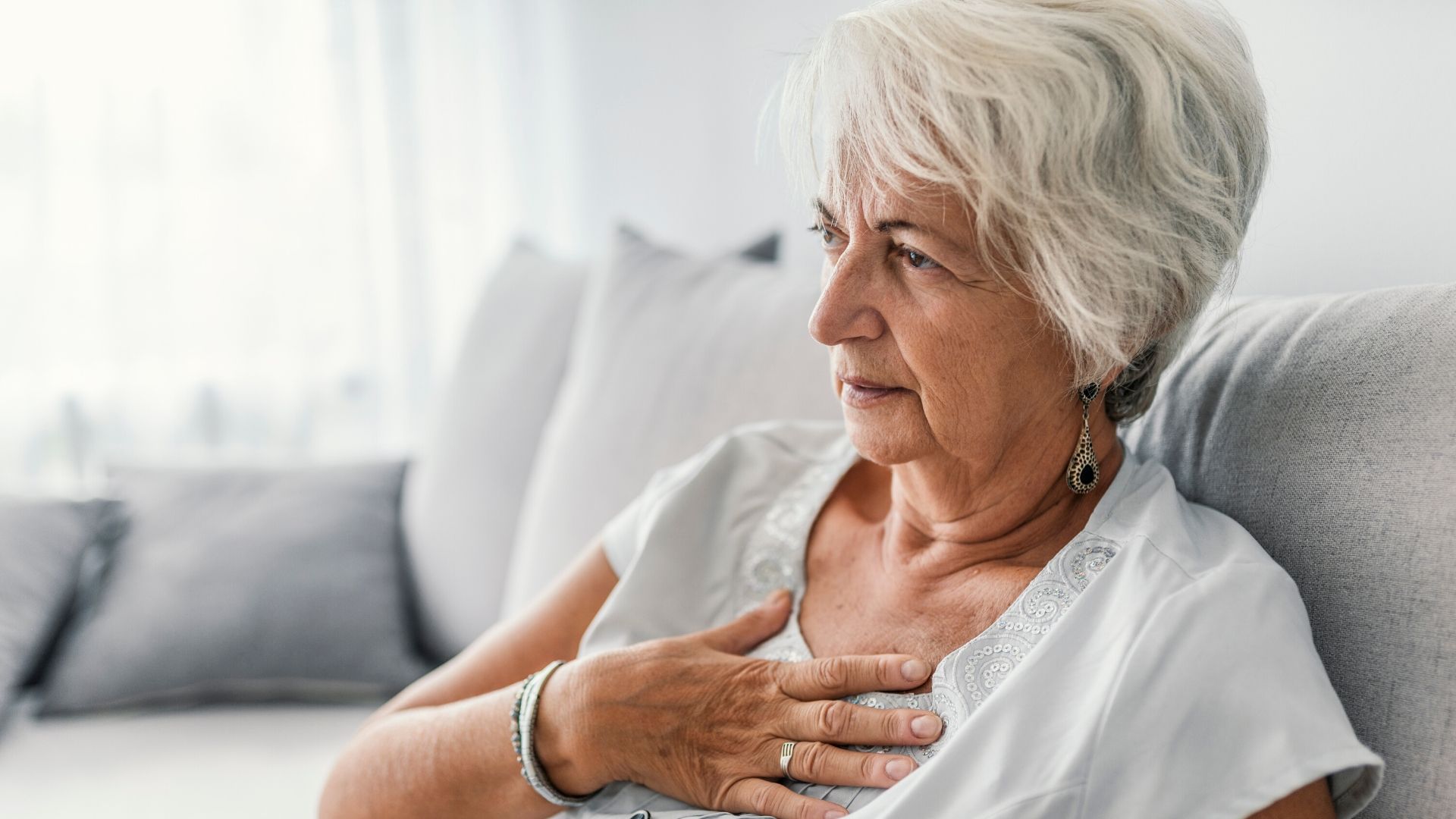What increases my risk of stomach cancer?

On this page:
These risk factors increase your chance of developing stomach cancer:
- Age: It is more likely to occur in people over the age of 55.
- Gender: It is more common in men than women.
- Smoking: Smoking increases the risk of stomach cancer
- Alcohol: There is some research to say that drinking alcohol in large quantities is linked to stomach cancer
- Diet: A diet low in fresh fruit and vegetables and high in salt-preserved foods, processed meat and preservatives can increase your risk of stomach cancer.
- Chronic gastritis/ulcers/acid reflux: If you have a history of gastritis, stomach ulcers or acid reflux, you may be at an increased risk.
- Family history of stomach cancer: If a family member has had stomach cancer, your risk may be higher.
- Barrett's oesophagus: In this condition, abnormal cells develop in the lining of the lower end of the oesophagus where it joins the stomach. A small number of people with this condition develop stomach cancer.
- Helicobacter pylori infection: If these bacteria in your stomach are left untreated, your risk of getting stomach cancer may be higher. The risk is higher if you smoke and have a poor diet as well.
- Pernicious anaemia: If you are lacking vitamin B12, it can cause pernicious anaemia, which affects the lining of your stomach.
- Hereditary conditions: These are conditions you are born with and run in families. For example, if you have small benign growths in your stomach, it can increase your risk of stomach cancer. These conditions are usually rare. An example is Lynch syndrome.
Having a risk factor doesn’t mean you will get cancer. Sometimes people with no risk factors get the disease. If you’re worried, talk to your GP or talk to one of our cancer nurses. Call our Support Line on 1800 200 700 or visit a Daffodil Centre.
Reducing your risk of stomach cancer
The most important things you can do to reduce your risk of stomach cancer are to:
- Stop smoking
- Eat a balanced diet
- Avoid alcohol or stay within the low-risk guidelines
- Be extra careful if you have Barrett’s oesophagus, GORD or other conditions that may increase your risk
Read more about cancer risk-reduction tips.
For more information
Phone
1800 200 700


